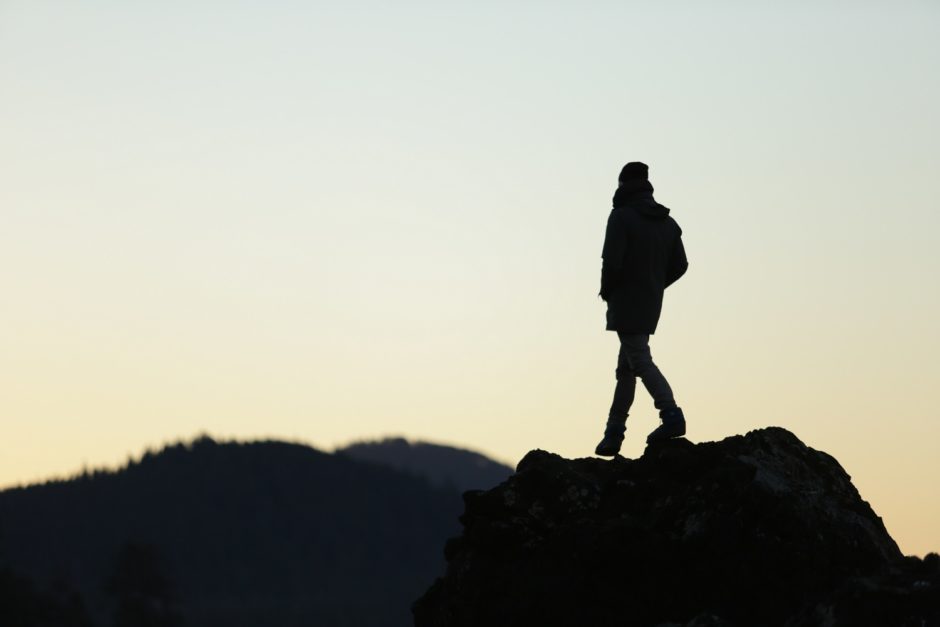January 29, 2021
This is an opinion column by Stuart Gillies, who is a filmmaker in B.C. For more information about CBC's Opinion section, please see the FAQ.
It’s 5 a.m. and 2 C outside. Everyone is asleep inside a beautifully crafted driftwood cabin — everyone except my friend Greg. Wearing a head torch, Greg’s quietly stoking the fire and brewing coffee for us all.
It’s pre-COVID and our team is in Cape Scott Provincial Park on the northwest coast of Vancouver Island to make a profile film about Greg, a nomadic adventurer who lives and works in the wilderness, where he feels free and mentally healthier than anywhere else.
I first met Greg Vorster over 10 years ago around a campfire in Whitehorse, where he was planting trees for a living. Our friendship has remained since that moment and although our lives have taken us on different paths, I’ve always admired Greg’s adventurous spirit from afar. This trip to Cape Scott, however, was the first time I had ventured with Greg into the unknown.
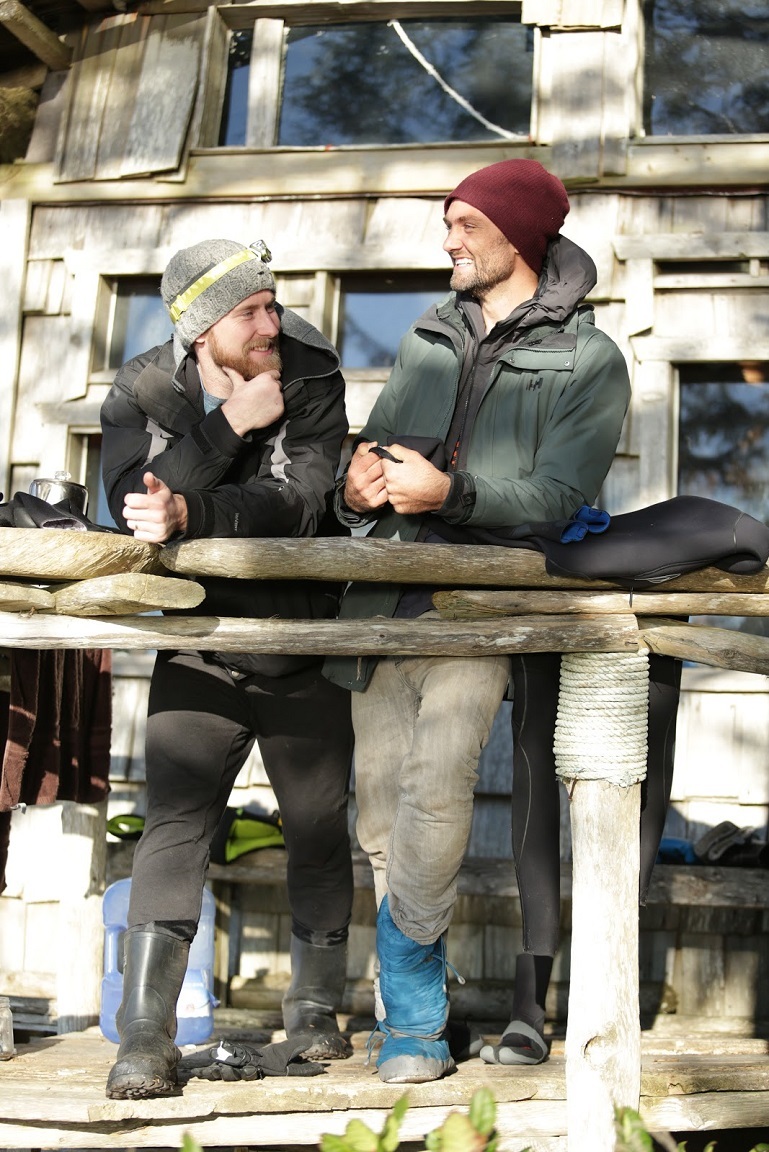
The night before was an experience I’ll never forget. Greg invited me to join him as he moved his Sea-Doo to a calm inlet down the beach to keep it from getting swept away by the ocean.
“Shouldn’t be more than 40 minutes,” said Greg.
Three hours later, after many kilometres of running, swimming and paddling, we would return to the cabin, exhausted. For me, this was a life-changing experience on the edge of my physical capabilities. For Greg, this was Thursday.
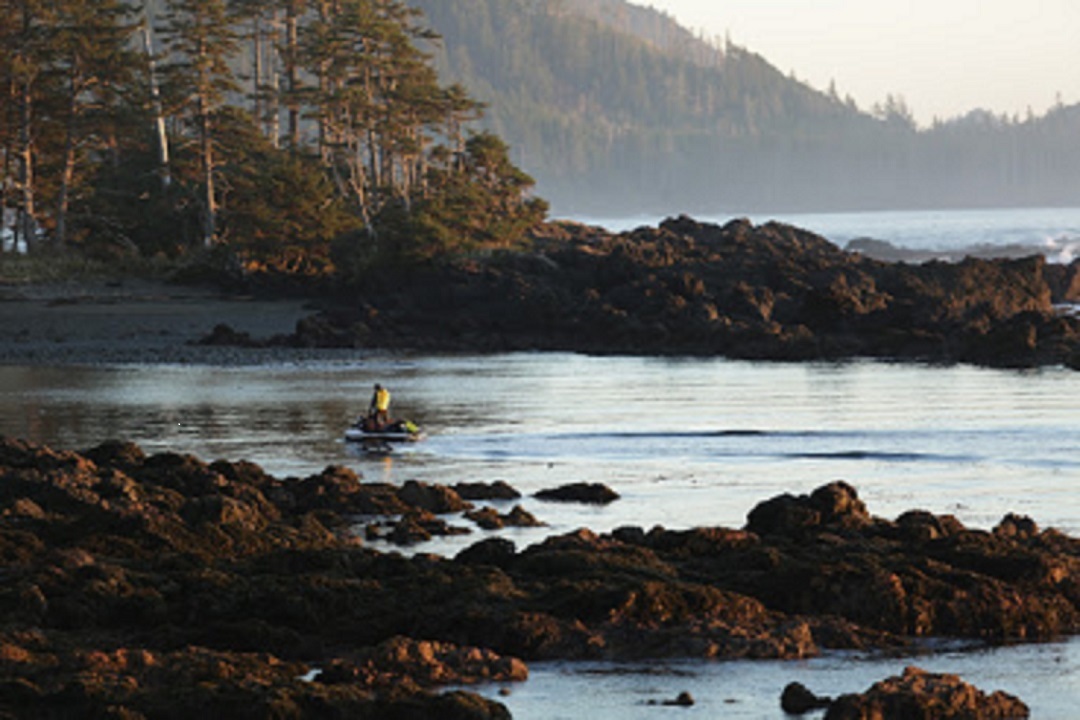
Over our morning coffee, Greg gave the crew an insight into his life with ADHD, a label he had been branded with since childhood. He seems to choose his words carefully when describing the pharmaceuticals he was prescribed periodically from the age of seven.
“I feel as though I lost a bunch of creativity. It felt like my senses were taken away from me. Ritalin… turned me into a zombie, apparently,” he says.
Throughout his childhood in South Africa, Greg would often find solace in the ocean, immersed by nature, on a surfboard, in the waves. Whether he was on Ritalin or not, nature represented an unpredictable distraction that wasn’t scripted by society, but a place to breathe, feel free and accepted.
Greg moved to Calgary as a teenager and stopped taking Ritalin in his late teens. At 19, he became a tree planter, a job that most people find relentless and uncomfortable.
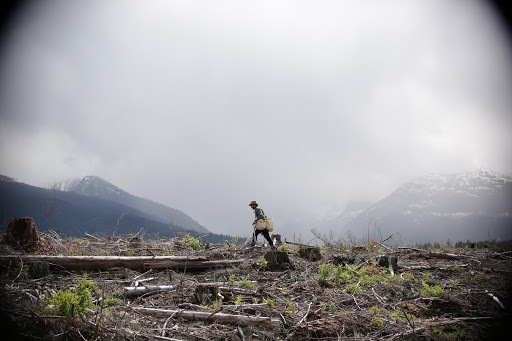
But thanks to his relationship with nature, Greg realized that to work in the wild would bring a “calmness and understanding to the rest of his life.”
Now 38, Greg continues to be a seasonal tree planter in the remote Canadian wilderness, working across B.C., Alberta and Yukon. He doesn’t have a permanent home. He is somewhat of a nomad, working throughout the year in various locations depending on where jobs take him.
“The further you get away from everything, just seeing things that maybe not everybody gets to see, there’s something very appealing about it,” Greg says.
“I don’t know how being physical and getting amongst nature can’t help you. If we could just get everyone moving outside, it would solve so many problems for so many people”.
This life of remote experiences appears to be a cathartic necessity for Greg. He says he needs this feeling of being completely unbounded to escape from the distractions of everyday life.
When Greg told our crew he needed to retrieve the Sea Doo and move it back up the coast to the cabin, we decided we should capture this memorable journey. After my experience the night before, we were concerned about how we would capture this and sat down to begin a lengthy discussion about the possibilities of what could happen and what could go wrong.
In the middle of the conversation, Greg jumped up and ran off into the wilderness to grab the Sea Doo himself. At the time we were all a little confused why. However, with reflection, we came to understand this time alone and physical output was exactly what Greg needed to get through his day, to be unbounded and free from our complex, constantly ongoing, filming discussions.
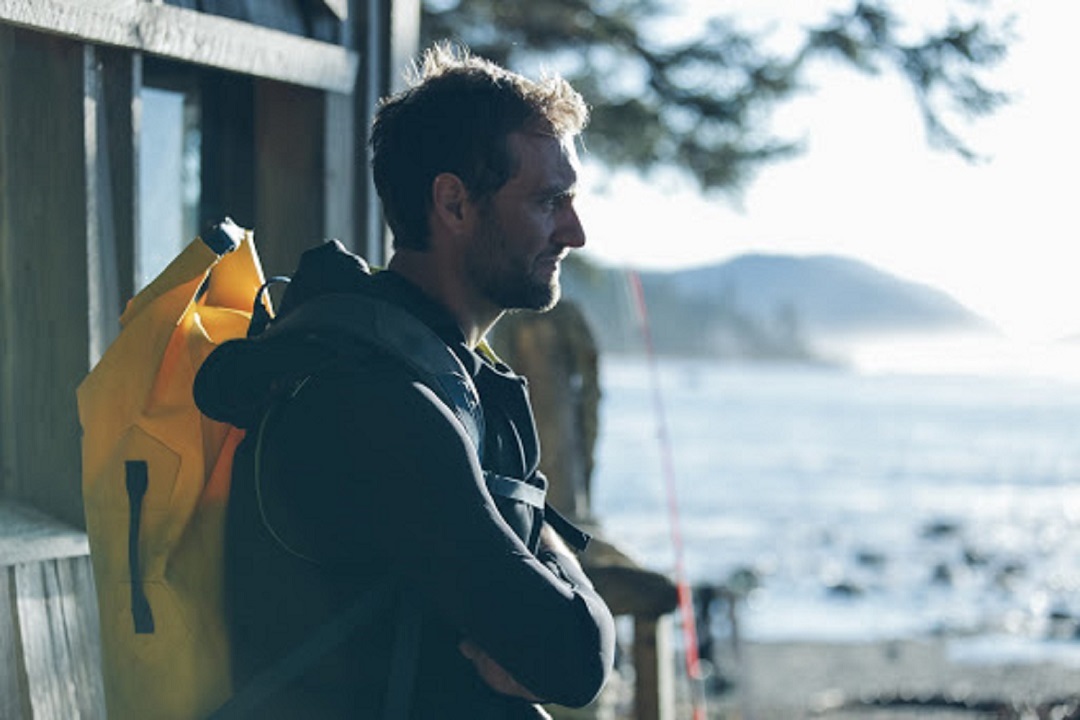
But what does it mean to truly be unbounded?
Many of us have physical boundaries, walls we cannot escape. For others, those boundaries are mental: something inside that numbs the senses of exploration and pursuit outside of ”the norm.”
To be left in the ocean or the mountains or a forest, exposed and dependent on yourself, can conjure a harrowing sense of fear for some of us, an uncontrollable concern. But for Greg, this place, this feeling, is home.
“There’s an understanding in nature, and being part of everything out there just makes more sense,” he says.
“When I first made a trip by myself there was this fear that came inside of me. You want to get back inside, safe, as soon as you can. But I think once you’re comfortable with just being outside by yourself, you realize it’s a completely irrational fear.”
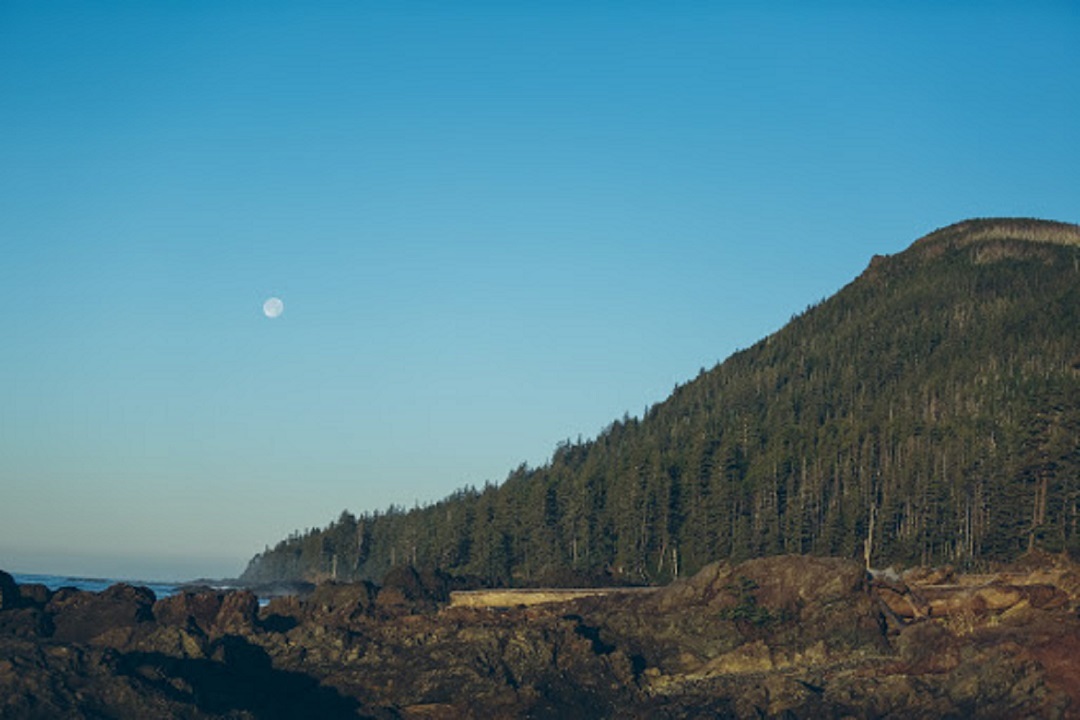
Solitude has been something many of us have feared this year with the pandemic, but solitude in nature can be healing, therapeutic.
Whilst Greg finished his coffee, he said something which resonated with all of us:
"When you remove yourself from distraction, nature becomes your distraction, the natural movements of the world around [you] guide [you]. Instead of having your life dictated to you by a clock that spins inside of its own circle, your life can be in constant conversation with the seasons, in relationship with the rain, the wind and the tides.”
Fortunate is a person who finds distraction in nature. Fortunate is a person who finds their place outside. And thanks to you, my friend Greg, I might just try it.
Stuart Gillies is a filmmaker based in Squamish, B.C. He focuses on commercial content and documentaries.
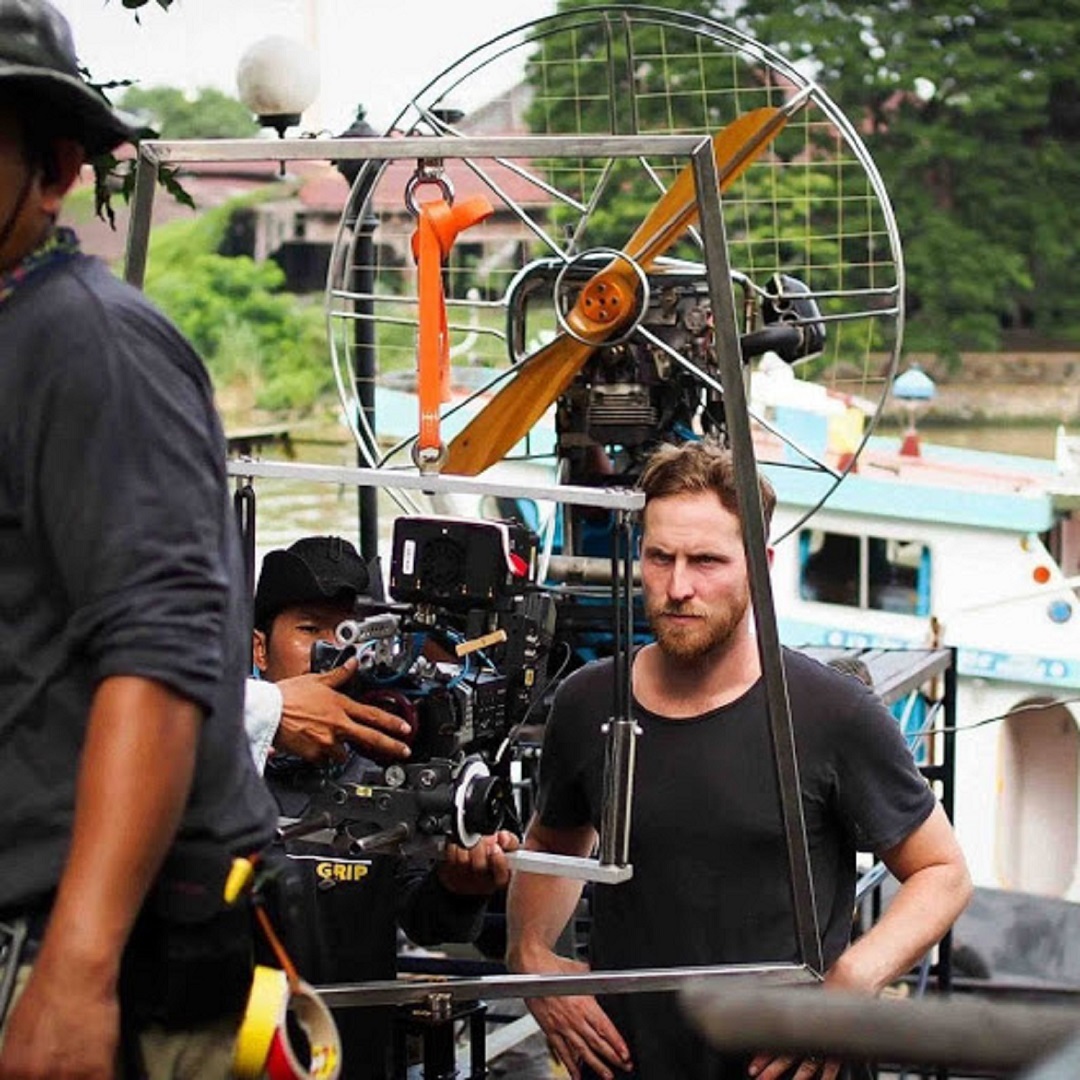
Watch Stuart Gillies’ short documentary on Greg Vorster, [Unbounded]
